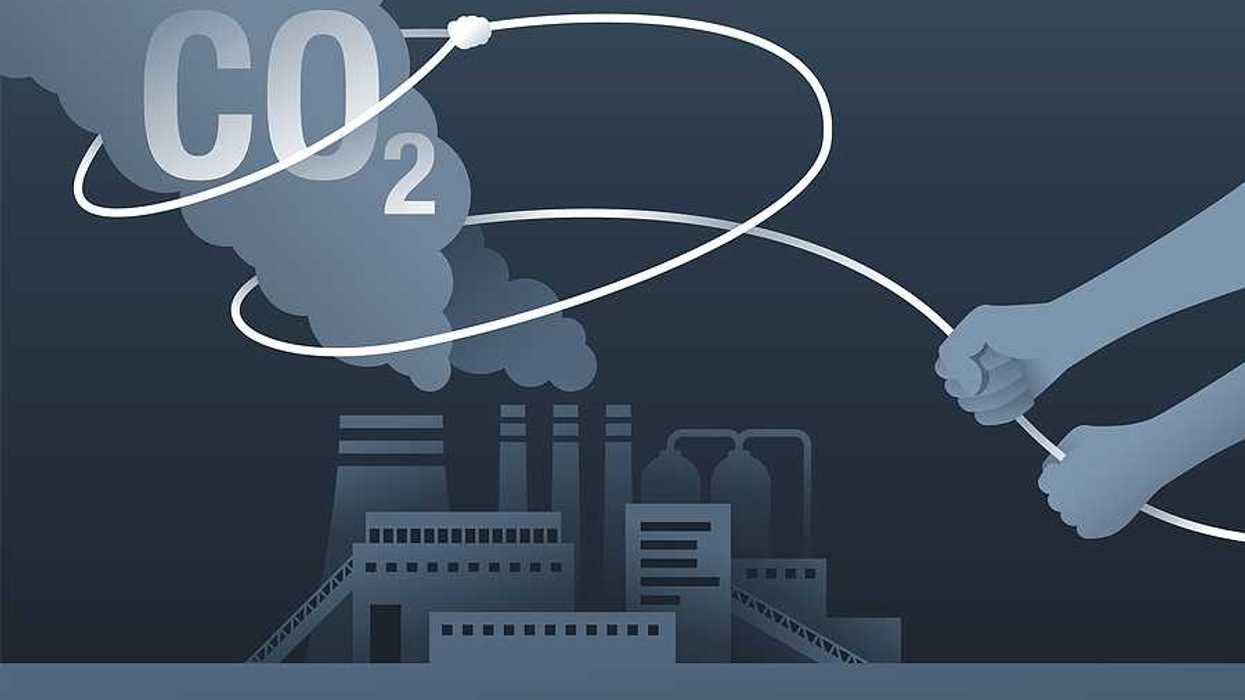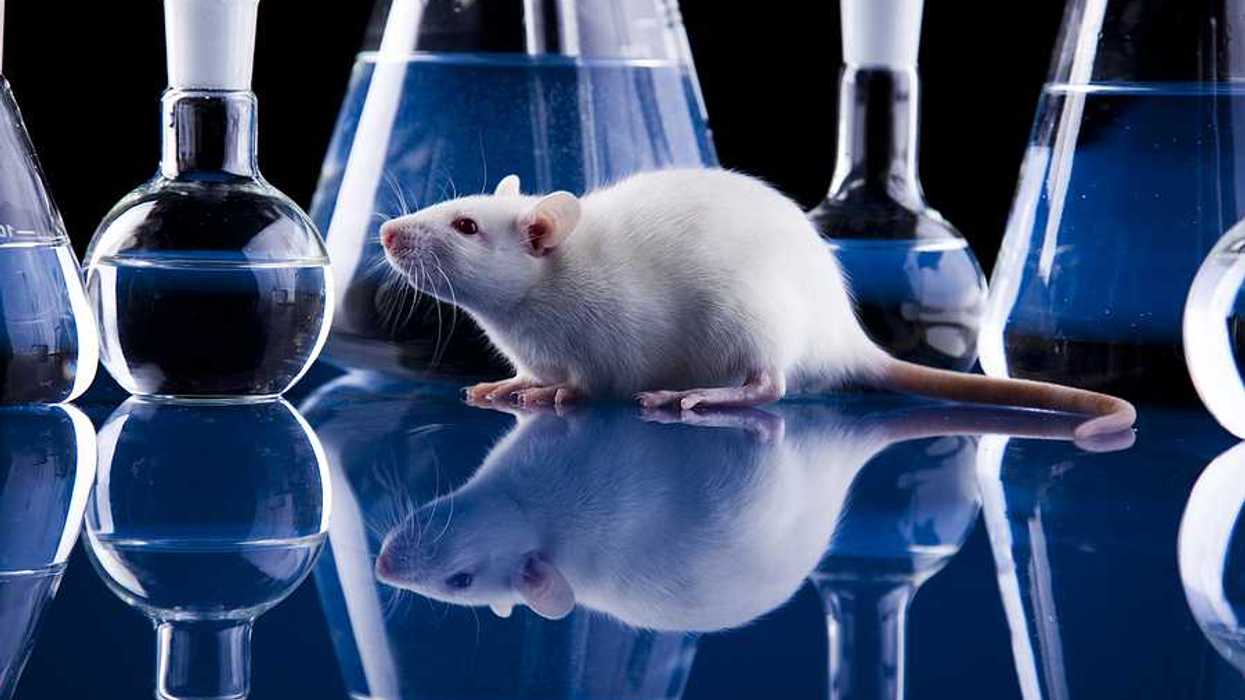According to a recent study published in Ecotoxicology and Environmental Safety, microplastics (MPs) in the placenta may act as an endocrine disruptor, impacting hormone levels in the developing fetus.
In short:
- Higher levels of placental microplastics were significantly associated with altered hormone levels in umbilical cord blood.
- Higher MP levels were linked to reduced levels of glucocorticoid hormones, which play a crucial role in fetal lung development, stress response, and the immune system.
- MP exposure also impacted androgenic hormone levels, which are critical for development of both the brain and reproductive system.
Key quote:
“The presence of MPs in the placenta raises concerns about potential disruptions in fetal development, particularly due to their ability to act as carriers for toxic environmental chemicals, including endocrine disrupting chemicals such as bisphenols and phthalates.”
Why this matters:
With plastic use continuing to grow exponentially and nearly 57 million tons of plastic pollution generated globally each year, microplastics are an extremely pervasive form of toxic exposure. Recent studies have detected MPs in food, water, air and many parts of the human body, including in the brain and throughout the reproductive system. Pregnancy is a period of heightened vulnerability to environmental pollutants for both the mother and the fetus. The authors of this study urge policymakers to prioritize the regulation of plastic pollution and implement measures that reduce human exposure to MPs.
Related EHN coverage:
- Microplastics continue to be found throughout human reproductive system, including the uterus
- New study finds microplastics in all human placentas tested
More resources:
Liu, Bingying et al. for Ecotoxicology and Environmental Safety vol. 303. Sept. 15, 2025















